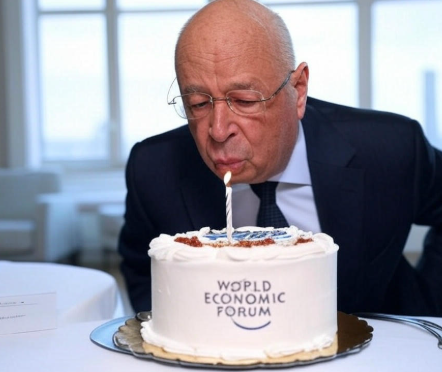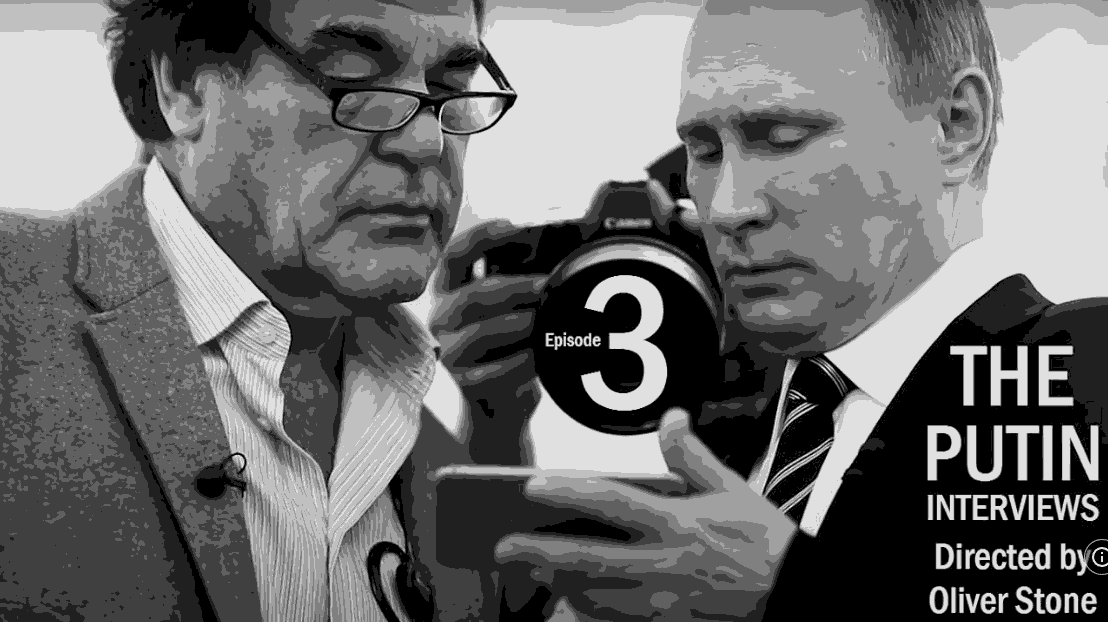In May 2025, a phone call between Israeli Prime Minister Benjamin Netanyahu and Russian President Vladimir Putin marked the 80th anniversary of the victory over Nazi Germany. Beneath the diplomatic gesture lies a troubling alignment: both leaders justify their wars—Netanyahu in Gaza, Putin in Ukraine—by invoking existential threats, framing themselves as defenders against modern-day Nazis. This narrative masks the mass killing of civilians, mounting military losses, and severe economic and moral costs. Their wars, driven by authoritarianism and ultra-nationalism, isolate their nations and fuel global instability, from NATO’s frontiers to the Middle East, while fostering terrorism born from dissent against injustice.
Russia, Ukraine, and the NATO Question
Russia’s invasion of Ukraine is partly driven by its fear of NATO’s eastward expansion, which it perceives as a threat to its independence and security. From Moscow’s perspective, Ukraine’s aspiration to join NATO—a defensive alliance of 32 countries—would place Western military forces along Russia’s 2,000-kilometer border with Ukraine, exacerbating fears of encirclement by NATO-sponsored states like the Baltics and Poland (NATO Relations with Ukraine). Russia argues that NATO’s expansion violates assurances given during the Soviet Union’s dissolution, a claim disputed by NATO, which asserts no formal agreement existed (CFR on NATO-Russia Tensions). This concern, rooted in Russia’s history of invasions, is not without merit but does not justify its aggressive war, which has killed thousands, displaced millions, and devastated Ukraine’s infrastructure.
Ukraine’s pursuit of NATO membership is a sovereign choice, driven by Russia’s own actions, including the 2014 annexation of Crimea and the 2022 invasion. Far from protecting Russian security, Putin’s war has strengthened NATO, prompting Finland and Sweden to join the alliance (NATO Response to Russia). Russia’s actions have thus created the encirclement it fears, undermining its own interests while violating Ukraine’s right to self-determination. The international community must support Ukraine’s defense with military and economic aid, while exploring diplomatic measures—such as limits on NATO troop deployments in border states—to address Russia’s legitimate security concerns without rewarding aggression (Atlantic Council on NATO Benefits).
Israel, Palestine, and the Holocaust’s Shadow
The comparison between Israel’s actions in Palestine and the Holocaust is deeply contentious and emotionally charged. The Holocaust, a genocide that systematically murdered six million Jews, is central to Israel’s identity as a refuge for a persecuted people. Many Israelis view threats from groups like Hamas, whose October 2023 attack killed 1,200 people, as existential, drawing parallels to Nazi atrocities (Politico on Holocaust’s Influence). However, critics argue that Israel’s policies—such as the Gaza blockade, settlement expansion in the West Bank, and military operations causing over 23,000 civilian deaths in 2024—inflict collective punishment and dehumanization, echoing the oppression Jews endured during the Holocaust (Amnesty International Report). Such comparisons are often condemned as antisemitic, as they risk trivializing the Holocaust’s unique scale and intent (World Jewish Congress on Antisemitism).
This moral dissonance fuels a cycle of violence. Israel’s actions, justified as security measures, deny Palestinians the statehood championed by Israel’s founders, perpetuating resentment and resistance (UN History of Palestine). The blockade and military raids, while aimed at groups like Hamas, disproportionately harm civilians, fostering despair that drives extremist responses (CFR Israeli-Palestinian Conflict).
Middle East Instability and Iran’s Role
Israel’s policies in Palestine significantly destabilize the Middle East, inflaming tensions with Iran and other regional actors. Iran, a long-standing adversary, supports proxies like Hamas and Hezbollah to counter Israel’s influence, viewing the Palestinian cause as a rallying point for anti-Israel sentiment (Carnegie on Middle East Crisis). In 2024, Israeli strikes on Iranian targets killed senior officers, prompting Iran’s missile attacks on Israel, which killed a Palestinian in the West Bank (UN Security Council on Middle East). These escalations risk a broader war, with Iran edging closer to nuclear capability as a deterrent. Countries like Jordan, Egypt, and Iraq, while lacking the military power to confront Israel directly, are infuriated by its actions, complicating regional peace efforts (CFR Conflict Timeline). The conflict’s persistence undermines stability, as it remains a central issue polarizing the region.
Terrorism: Born from Dissent and Injustice
Terrorism often emerges from environments of oppression and despair, particularly when civilians are targeted in perceived unjust wars. The United Nations recognizes that terrorism can stem from “misery, frustration, grievance, and despair,” conditions exacerbated by conflicts like Israel-Palestine (UN Definition of Terrorism). In Palestine, groups like Hamas use violence to resist what they see as occupation, fueled by the lack of progress toward statehood and the suffering of civilians under Israeli policies (Council of Europe on War and Terrorism). While such acts are universally condemned, they reflect a desperate response to perceived injustice, highlighting the need to address root causes like Palestinian self-determination to reduce terrorism’s appeal (Stanford Encyclopedia on Terrorism).
A Shared Playbook: War as Survival
Netanyahu and Putin rely on perpetual conflict to maintain power, exploiting patriotic narratives to silence dissent and deflect criticism. Putin brands opponents as Russophobes, while Netanyahu labels critics as anti-Semites or terrorist sympathizers. Both face International Criminal Court warrants for alleged crimes, yet they persist, fearing peace’s consequences. For Putin, a ceasefire would expose Russia’s economic ruin and social unrest, as veterans return to cities like Rostov with tales of the front. For Netanyahu, peace triggers elections, likely defeat, and potential corruption trials. War is their default, delaying accountability.
Global Stakes and the Path Forward
The wars have far-reaching consequences. European leaders warn that an unchecked Putin could target NATO members, risking global conflict (NATO on Russia). In the Middle East, Israel’s actions strain alliances, with even the U.S. facing pressure to curb support (Chatham House on Regional Instability). International pressure is essential: increased aid to Ukraine can counter Putin’s aggression, while sanctions and diplomatic isolation can push Israel toward negotiations. Addressing Palestinian statehood and Ukrainian sovereignty is critical to breaking the cycles of violence and terrorism.
Table: Comparative Analysis of Conflicts
| Aspect | Russia-Ukraine | Israel-Palestine |
|---|---|---|
| Justification | Fear of NATO encirclement, historical security concerns | Security against Hamas, Holocaust-shaped existential fears |
| Actions | Invasion, civilian casualties, economic sanctions | Gaza blockade, settlement expansion, high civilian death toll |
| Regional Impact | Strengthens NATO, risks escalation with NATO members | Fuels tensions with Iran, Hezbollah; angers regional states |
| Terrorism Link | Less direct; dissent fuels resistance movements | Hamas uses terrorism, driven by occupation and civilian suffering |
| International Response | NATO aid to Ukraine, sanctions on Russia | Calls for sanctions, pressure for Palestinian statehood |
| Leaders’ Motivation | Maintain power, avoid economic and social reckoning | Maintain power, delay elections and corruption trials |
Conclusion
Netanyahu and Putin perpetuate wars to sustain power, using existential threats to justify actions that cause suffering and instability. Russia’s fear of NATO, while rooted in history, does not excuse its aggression, just as Israel’s Holocaust-driven security concerns do not justify Palestinian suffering. These conflicts fuel terrorism and regional tensions, necessitating international action to support justice, sovereignty and peace.
![]()





